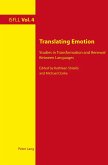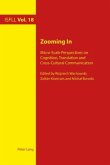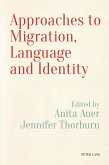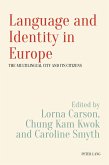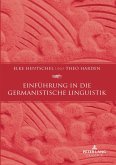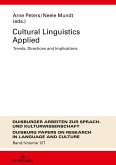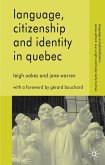A distinguishing feature of Quebec French is the varied set of swearwords inspired by Catholicism (les sacres) that are used in conversation. In this work, these terms are approached from an interactionist viewpoint in order for the author to be able to establish a comparison between their functions and those of Maltese swearwords in linguistic interaction. Interest in swearing as a linguistic phenomenon has gradually increased in academia over the last thirty years up to the point where considering swearwords as just expletives has become too simplistic. This publication showcases the caution that is needed with an unorthodox research approach involving cinematic productions as a corpus. These productions act as a microcosm for the play of deeper cultural values that may or may not reflect those influencing real Quebec or Maltese interaction. Nevertheless, this should not stop educators from exploiting films as a springboard for intercultural activities in the classroom. Here foreign language students will be able to emulate the author's approach by comparing their own cultural values with those of the target culture.
Bitte wählen Sie Ihr Anliegen aus.
Rechnungen
Retourenschein anfordern
Bestellstatus
Storno


